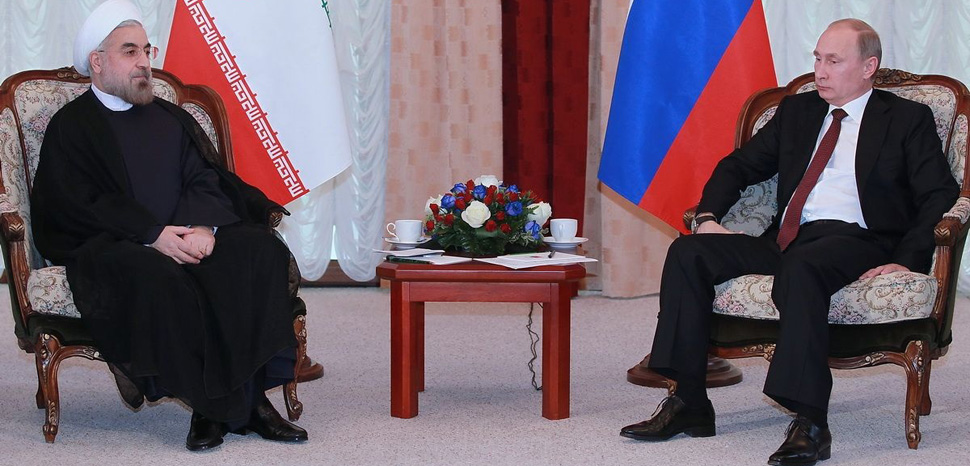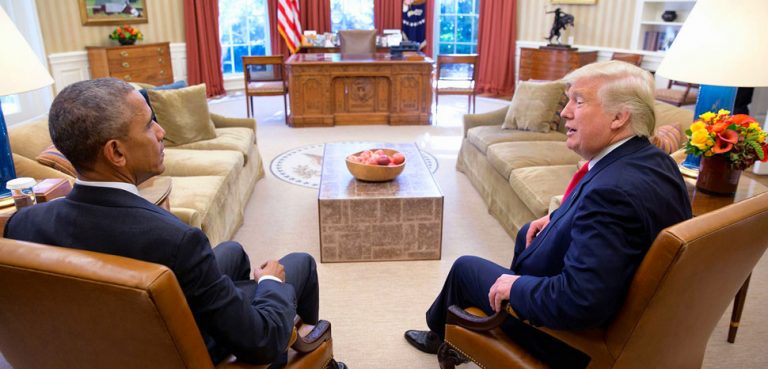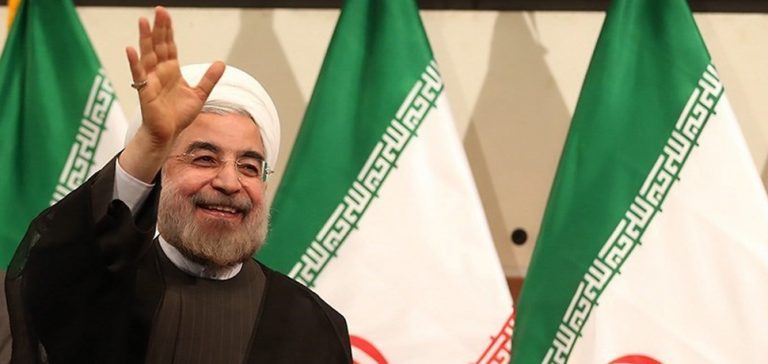Tehran cannot count on full Russian support if the US goes to war with Iran. In case of a major escalation in the Middle East, the Kremlin would back the US and Israel rather than its most important “ally” in this part of the world.
If history is any guide, Russia already proved to be a completely unreliable partner, especially when it comes to Iran. Moscow has refused to provide Iran with an S-400 missile system, although this request allegedly came from the very top of the Iranian political leadership. Kremlin officials explained that “the sale would stoke more tension in the Middle East.” In other words, Russia tried to avoid any confrontation with major Western and regional powers over this very sensitive matter. On the other hand, it’s interesting that Russians didn’t hesitate to provide this weapons system to the NATO member state Turkey.
This is not the first time that Russia has “betrayed” Iran. Back in 2010, Russia refused to sell S-300 to Iran, bending to pressure from the United States and Israel. Later Russian officials admitted that such decision was a mistake, but it was too late since it damaged Moscow’s image as a reliable weapons supplier.
In September 2018, Russian Defense Minister Sergey Shoygu said in a televised statement that “Russia will transfer the modern S-300 air defense system to the Syrian armed forces within two weeks.” Since then, Israel has conducted numerous air strikes in Syria, targeting the Syrian Arab Army as well as pro-Iranian and Iranian forces. Either the S-300 is not efficient against Israeli air power, or Russia simply didn’t keep its promise to supply Syria with the missile system.
Syria and Iran are not the only nations to feel betrayed by the Kremlin. In 2003, Russia left the Serbs at the mercy of the West when Russian peace-keeping troops were ordered by the Kremlin to leave both Bosnia-Herzegovina and Kosovo.
Armenia is another Russian “ally” that constantly has doubts over its alliance with Moscow. In 2017, Russia delivered a new batch of anti-tank missiles to Azerbaijan as a part of a lucrative arms deal with Baku that has been strongly criticized by Armenia. However, Russian Prime Minister Dmitry Medvedev rejected the ensuing criticism, saying that “providing weapons to both sides creates a military balance in the conflict.”
Russia is also trying to create a balance in Syria. On one hand, it backs the Syrian Arab Army against ISIS and various Jihadi factions, but on the other hand it doesn’t provide any support to the Syrian armed forces against frequent Israeli air strikes, which is why some analysts believe that Russia acts as ally of Israel. For the past few years, Tel Aviv has used its military superiority to hit at the different elements of Iran’s military presence in Syria, including its proxies. Russia has the ability to protect Iranian forces with its own air force and air defense systems in Syria, but it has opted not to use them to stop Israel.
Along these lines, the Kremlin has historically used Iran as a counterweight or source of leverage to balance its relations with Western powers, particularly Washington. For instance, Russia did not hesitate to vote in favor of all six resolutions passed at the UN Security Council against Iran from 2006 to 2010.
In case of an extremely unlikely major military confrontation between the US and Iran, Russia would be one of the main geopolitical beneficiaries, especially because the price of oil could be expected to skyrocket. Such conflict would return Iran to a total isolation and would help Russia to regain lost markets in Central Asia. Also, the Kremlin could use the issue and attempt to reduce anti-Russian sanctions imposed by the US and the EU. However, there’s no guarantee that sanctions would actually be lifted, as any concessions made by the US President Donald Trump might still be blocked by the US Congress. In spite of that, Iran is likely to fall victim to the Kremlin’s desire to improve ties with the US.
The views expressed in this article are those of the author alone and do not necessarily reflect Geopoliticalmonitor.com or any institutions with which the author is associated.




